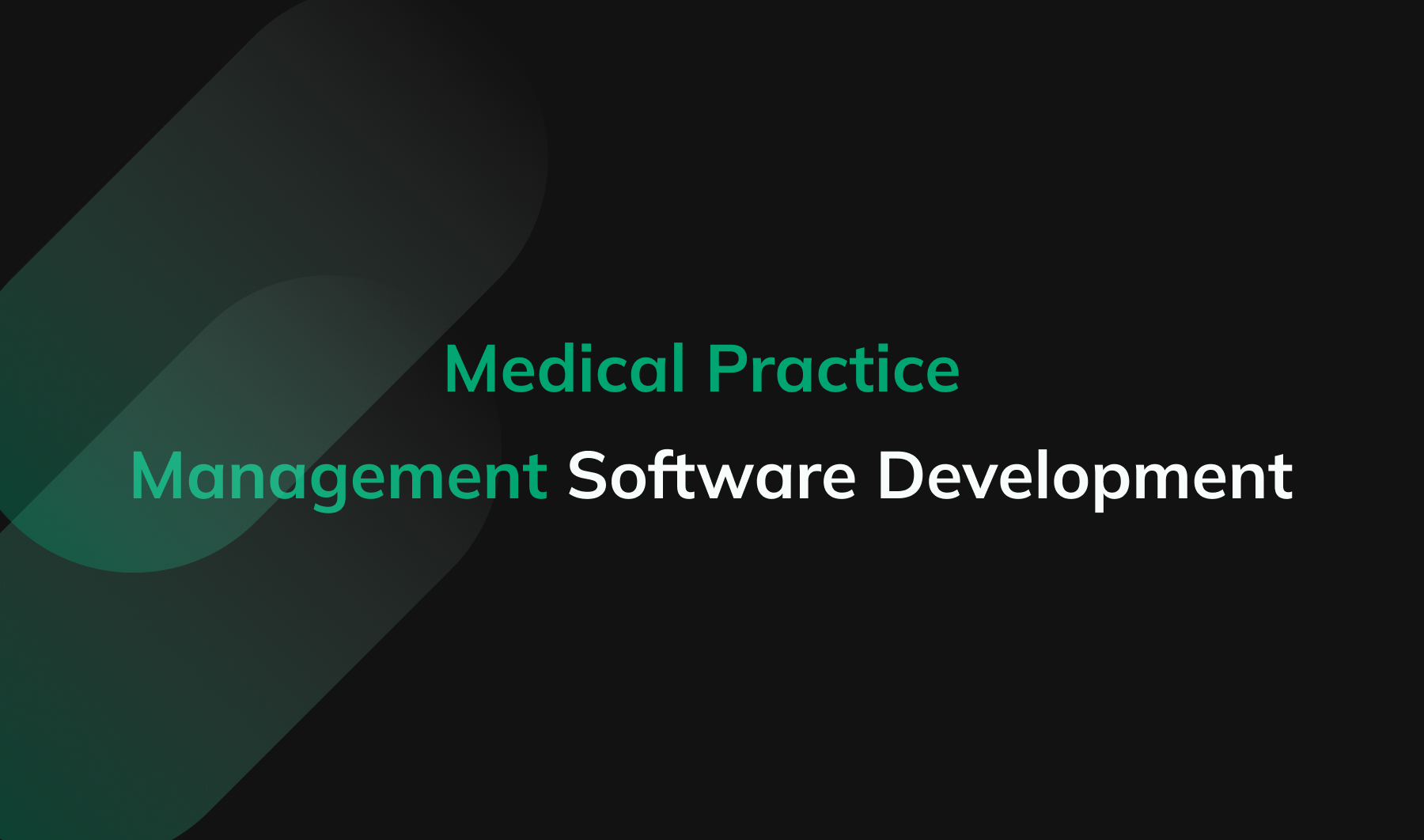Within today's rapidly evolving healthcare environment, the requirement for efficient and efficient management of medical practices has never more critical. As administrative challenges continue to grow, practitioners are increasingly shifting to digital tools to enhance operations and elevate patient care. Medical practice management software has become as a game changer, allowing practices to optimize their processes, lower costs, and boost their overall efficiency.
By automating various functions such as appointment scheduling, billing, and patient communication, this software empowers healthcare professionals to concentrate on what is truly important: delivering high-quality care to their patients. The integration of digital tools not only boosts efficiency but also contributes to a more robust bottom line, making it easier for practices to succeed in a competitive landscape. When we examine the advantages of medical practice management software, it is clear that embracing technology is no longer just an alternative; it is a necessity for contemporary healthcare practices.
Benefits of Practice Management Software
Practice management software plays a critical role in boosting the effectiveness of healthcare practices. By simplifying office tasks such as appointment scheduling, keeping track of patient records, and payment processing, this solution reduces the time staff spend on traditional methods. This automation not only streamlines operations but also lowers the risk of mistakes, ensuring that patients receive quick and correct information regarding their care.

Furthermore, practice management software boosts patient involvement and happiness. Features such as patient portals allow users to retrieve their health information, book appointments, and interact with healthcare providers easily. The convenience of these resources motivates patients to take an proactive role in their healthcare journey, leading to improved compliance to treatment plans and reduced no-show rates for appointments, ultimately positively impacting the practice's financial stability.
In addition to operational benefits and enhanced patient involvement, practice management software provides essential insights through data analytics. By monitoring key performance metrics, practices can spot trends, measure efficiency, and make educated decisions to enhance their services. This data-driven approach empowers healthcare providers to change their strategies, leading to enhanced resource management and a more robust bottom line.
Key Features to Look For
When picking medical practice management software, one of the most essential features to consider is appointment scheduling. An efficient scheduling system decreases appointment double bookings and improves patient satisfaction by allowing for quick rescheduling and reminders. Look for software that includes an accessible interface for both staff and patients, as well as the feature to manage several calendars, which is crucial for practices with multiple healthcare providers.
Another important feature is billing and coding capabilities. The best medical practice management software should optimize the billing process by incorporating automated billing, claims submissions, and insurance verifications. This not only lessens errors but also accelerates cash flow, allowing your practice to focus on delivering quality patient care instead of struggling with administrative tasks. A platform that includes coding suggestions and updates can help ensure compliance with the most recent regulations.
Data analytics and reporting capabilities are also essential for improving practice performance. Look for software that includes tailorable reports on key performance indicators such as patient volume, revenue cycle, and employee productivity. This analytical insight will enable your practice to spot areas for improvement and make data-driven decisions that can lead to boosted efficiency and profitability. A comprehensive dashboard that enhances data visualization can greatly boost your ability to track and respond to practice metrics in real-time.
Deploying Software in Your Practice
As you considering the adoption of healthcare management software, it is important to evaluate your unique needs and goals. Begin by reviewing the existing workflows in your facility and pinpointing areas where software could generate efficiencies. This could comprise appointment management, invoicing, or client communication. Involving medicloudmed.ch in this journey can provide important insights, as they are the ones who will operate with the system on a regular basis.
Once you have a solid understanding of your requirements, investigate and select a solution that matches with your facility's objectives. Seek out features that enhance client experience, simplify operations, and amplify financial performance. Ensure that the selected software is user-friendly and supported by robust customer service, so your staff can comfortably adapt to the new system. Utilize demo versions or demos offered by software providers to make informed decisions.
Once selecting the appropriate medical practice management software, implementing it effectively is crucial for realizing the expected benefits. Create a comprehensive training plan for your team to make sure they are comfortable using the modern system. Arrange regular check-ins to tackle any issues and gather feedback for ongoing improvement. By fostering a culture of adaptability and providing proper support, your practice can take full advantage of the capabilities of the software to enhance workflow efficiency and increase its bottom line.
